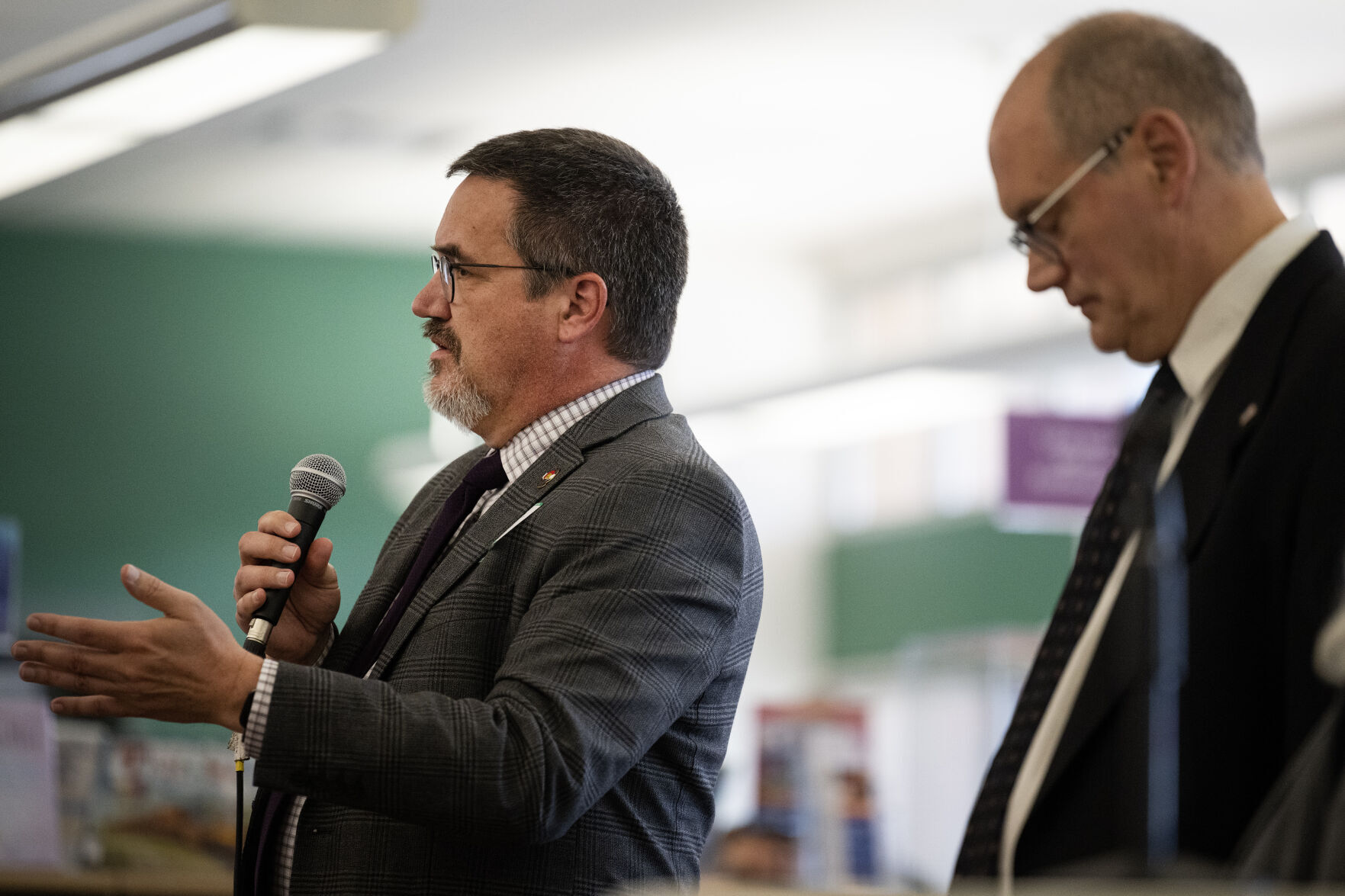Appeals court overturns Boulder man’s sex assault convictions because judge misapplied law

Colorado’s second-highest court last month overturned a man’s sex assault convictions and indefinite prison sentence because a Boulder County judge wrongly blocked jurors from hearing evidence about the alleged victim’s reason for fabricating the claims.
Jose Gilberto Contreras-Guzman stood trial in 2016 on multiple charges of sexually assaulting an 8-year-old relative. The prosecution argued the victim spoke out about the abuse after attending a “body safety” presentation at school, where topics included “safe” and “unsafe” touching. Contreras-Guzman offered multiple defenses at trial, but jurors convicted him and he received a sentence of 18 years to life in prison.
Before trial, Contreras-Guzman attempted to introduce evidence calling the victim’s motivation into question. Contreras-Guzman and his wife allegedly discovered the victim had engaged in “sexualized play” with their daughter. After confronting the victim and threatening to tell her parents, she became upset and shortly afterward accused Contreras-Guzman of abusing her.
Then-Chief Judge Maria E. Berkenkotter refused to let jurors hear about the confrontation. She cited Colorado’s “rape shield” law, which generally prohibits evidence of an alleged victim’s sexual history.
However, Berkenkotter, who is now a member of the Colorado Supreme Court, overlooked a key piece of the rape shield law, which allows for evidence “relevant to a material issue in the case.”
A three-judge panel for the Court of Appeals decided the defense’s evidence was relevant to the victim’s motive for potentially reporting false accusations.
“Thus, it appears that the trial court’s exclusion of the proffered evidence was based on a misapplication of the rape shield statute,” wrote Judge Ted C. Tow III in the Dec. 21 opinion.
He elaborated that the omission was likely harmful to Contreras-Guzman’s defense because the victim’s credibility was the central issue. The prosecutor had even argued in closing that if jurors believed the victim, the prosecution had won its case.
The panel ordered a new trial.
The case is People v. Contreras-Guzman.













